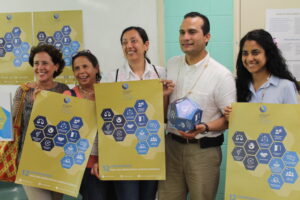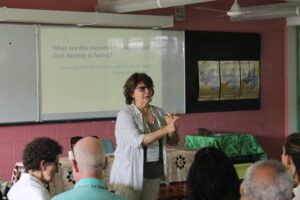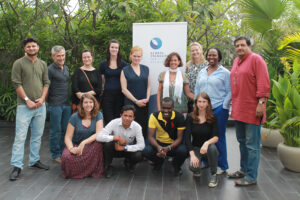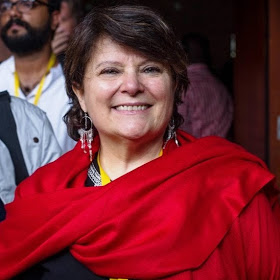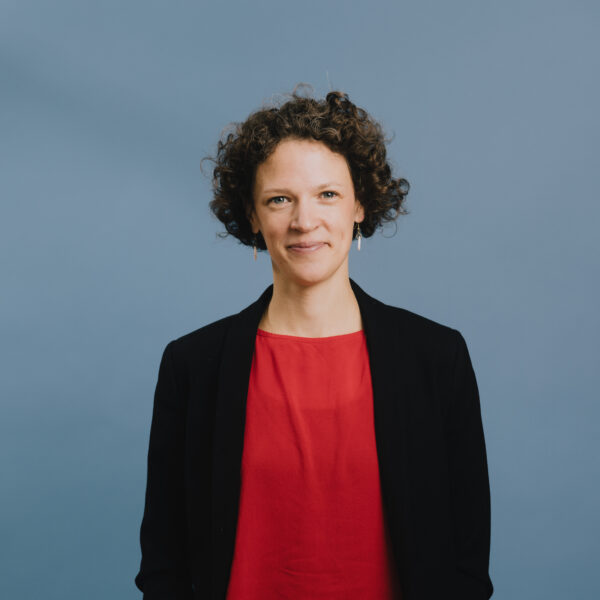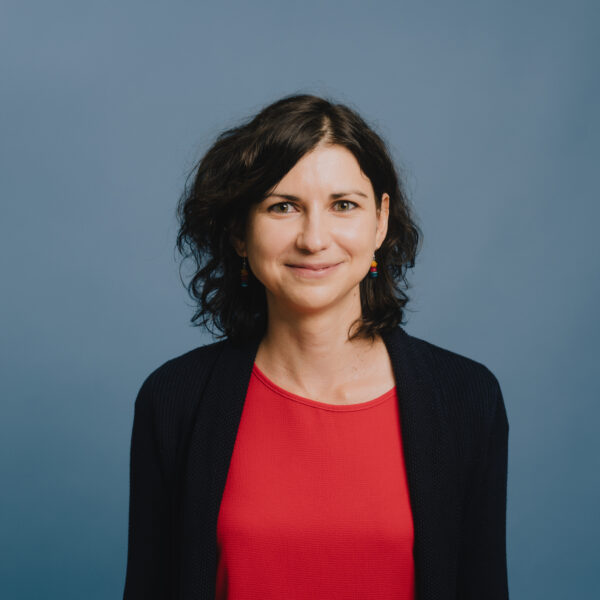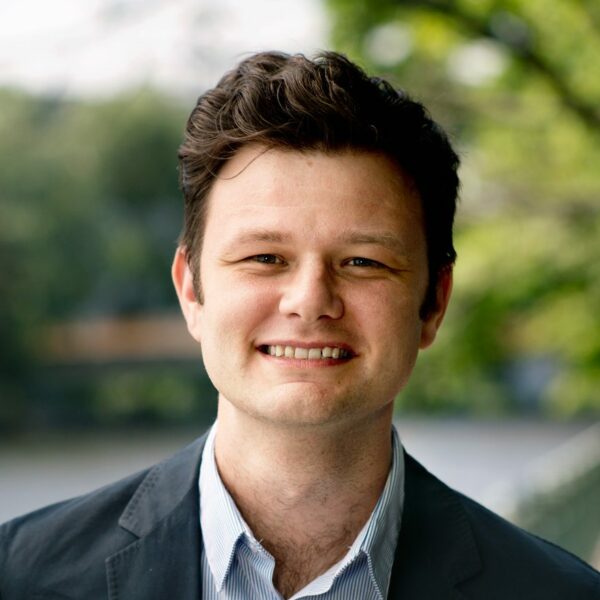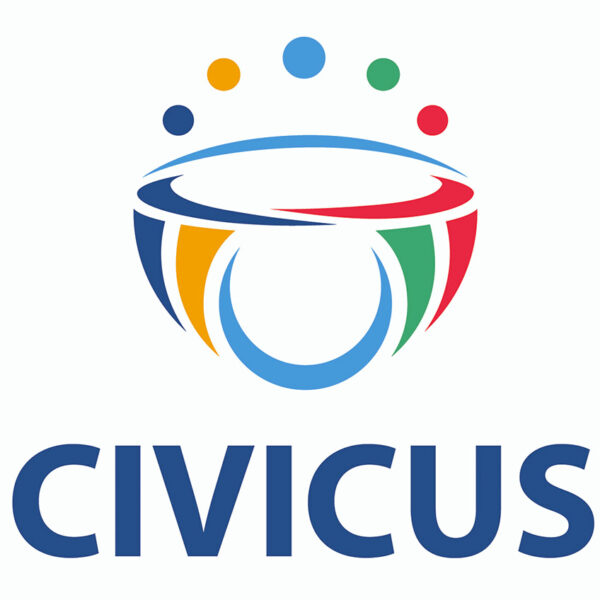Almost exactly 10 years ago during the Global Perspectives conference in Johannesburg, South Africa, hosted by the International Civil Society Centre and CIVICUS, colleagues from AccountableNow (back then the INGO Accountability Charter), InterAction, Rendir Cuentas and VANI introduced an idea: to establish a Global Standard for CSO accountability. An idea developed into a global partnership driving a paradigm shift from reporting on accountability, mainly for donors’ sake, to Dynamic Accountability. The Global Standard has been developed as a tool for strengthened impact and resilience by becoming more transparent, responsive, ethical and accountable towards the people whom we work for and with. By now the Global Standard is both a tool for organisations to showcase their accountability and with strengthened integrity withstand attacks design to shrinking civic space, as well as a means to shift power in the mechanisms of programme and strategy development.
The partnership’s story is one of exemplary global collaboration between regional and national CSO network organisations that worked very hard to achieve an agreed vision for accountability and then implement and translate it to their local context. With the support of Sida Sweden, several project partners from all corners of the world initially came together to develop the Global Standard: AccountableNow, the Australian Council for International Development (ACFID), the Balkan Civil Society Development Network (BCSDN), the Cooperation Committee for Cambodia (CCC), Deniva, InterAction, the International Civil Society Centre, Rendir Cuentas, Viwango, and the Voluntary Action network India (VANI), later to be joined by the Pacific Island Association of Non-Governmental Organisations (PIANGO), the PHE Ethiopia Consortium, and the West Africa Civil Society Institute (WACSI). In December 2017 the Global Standard for CSO Accountability was officially launched at the CIVICUS International Civil Society Week in Fiji. Now, ten years on from its inception, the global collaboration has been able to develop into a full cooperative and independent Partnership that will continue working with the sector in its ever important drive to more and better accountability. Future activities include continuing with the implementation of the Global Standard, and supporting CSOs to strengthen their accountability practices by fostering more horizontal and dynamically accountable relationships between CSOs and actors like donors, governments, and international organisations.
Though no longer institutionally involved the International Civil Society Centre is proud to have been part of the journey of this important initiative and looks forward to its next steps.
